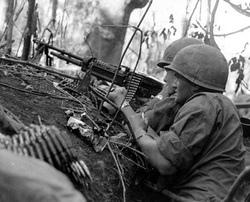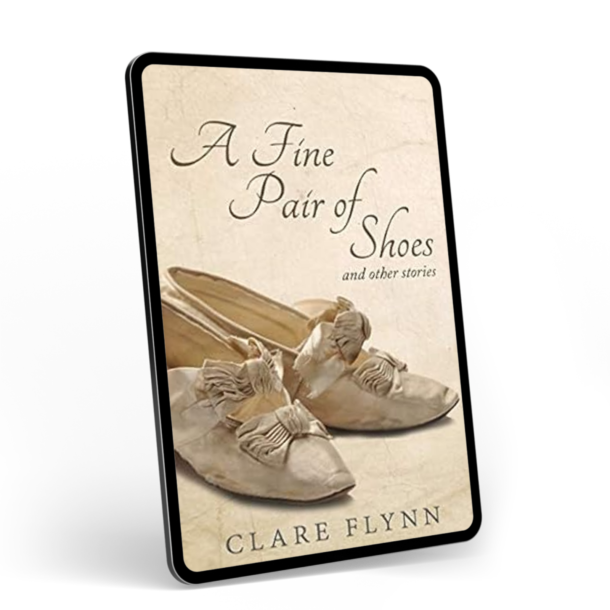 I haven’t posted for a while – I’ve been deep in editing – now on draft 3. I have several new scenes to write and need to get these sorted over the next couple of days. Not easy though as I am also working full time on Make it and Mend it as we have a summer intern from the USA and I am supervising her work. It’s been quite strange adjusting to have someone else around me all day.
I haven’t posted for a while – I’ve been deep in editing – now on draft 3. I have several new scenes to write and need to get these sorted over the next couple of days. Not easy though as I am also working full time on Make it and Mend it as we have a summer intern from the USA and I am supervising her work. It’s been quite strange adjusting to have someone else around me all day.
Last night I went to a talk on writers at war – Tales from the War Zone with ex MP and war correspondent Martin Bell, Patrick Hennessey, rather gorgeous ex soldier and author of The Junior Officers’ Reading Club, Ben Fountain, US author of Billy Lynn’s Long Halftime Walk – rumoured to be the 21st Century answer to Catch 22 and Geoff Dyer, novelist and essayist who has just been writer in residence on a US aircraft carrier. Fascinating and insightful session. Each had a different take based on their own experiences and something that stood out for me were the way wars are now mostly fought between citizens not soldiers – the latter mostly trying to bring some order into the chaos. In the first world war 90% of the casualties were soldiers and 10% citizens – now it’s the other way around.
Hennessey was very good on the way cultural misunderstandings can arise and the implications of these – illustrating it with stories from his experiences in Afghansitan.
The second world war is the backdrop to my current book – but does not directly feature. I was particularly interested in the reasons people volunteer for war – and there was much discussion of that. Fountain cited a US soldier he had interviewed who told the recruiting officer when asked why he wanted to join the army: “I want to kill people”. I like to think – and Hennessey said as much – that a response like that would be a disqualifier in the British army – but maybe I’m deluding myself.
I was also interested in the role of leaders in deciding when to go to war – much discussion on the messianic tendencies of Messrs Blair and Bush. And food for thought that the decision to go into Iraq was taken by a cabinet without a single member with any military experience – whereas Churchill had actually taken part in the last ever cavalry charge by the British and as recently as Edward Heath’s cabinet all bar one (Mrs T) had experienced active service at some point.


0 Comments